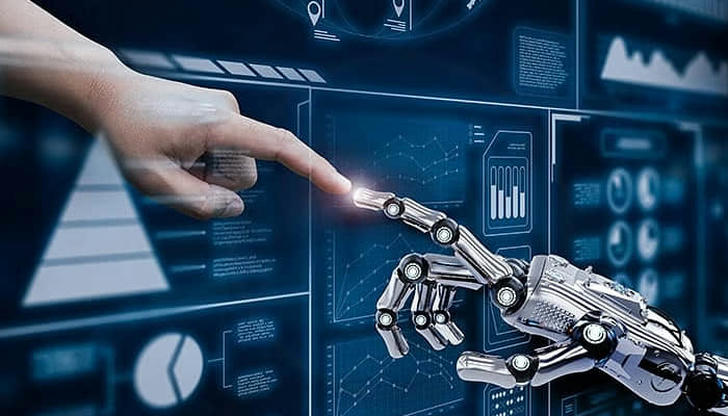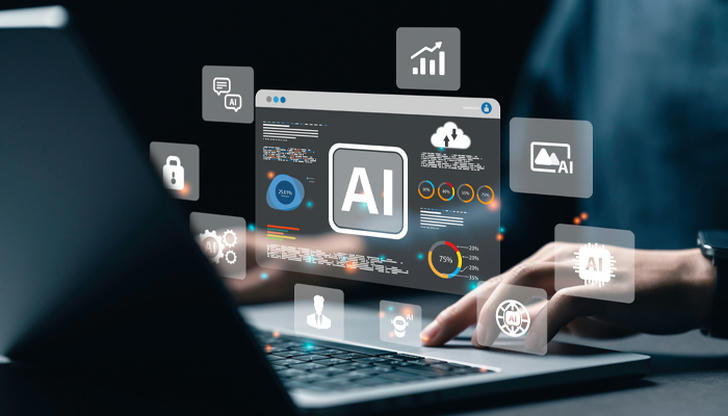How to Future-Proof Your Career in the Age of AI
Artificial Intelligence (AI) is no longer the future—it’s the present. From chatbots handling customer support to algorithms writing code and analyzing medical images, AI is reshaping every industry at breakneck speed. For many American professionals, this rapid change raises a vital question:
How do I stay relevant in a world where machines are getting smarter every day?
Future-proofing your career doesn't mean becoming an AI expert (unless you want to). It means adapting, upskilling, and shifting your mindset to stay one step ahead. Here's how.
1. Focus on Human-Only Skills
AI excels at processing data, automating tasks, and following logic. But it still lags far behind in what makes us uniquely human.
✅ Emotional Intelligence
✅ Creative Thinking
✅ Complex Problem-Solving
✅ Leadership & Influence
✅ Empathy & Ethics
Jobs requiring these skills—such as therapists, teachers, team leaders, negotiators, and designers—are much harder for AI to replace.
According to the World Economic Forum, demand for emotional intelligence and creativity will grow by over 40% by 2030.
Instead of fearing what AI can do, double down on what it can’t.

2. Learn to Work with AI, Not Against It
The most successful professionals in 2025 aren't trying to beat AI—they're using it as a power tool.
Writers use AI to generate first drafts
Analysts use AI to sort through data faster
Customer service reps use chatbots to handle FAQs
The mindset shift: You're not competing with AI—you’re managing it.
Take time to learn popular tools in your industry. For example:
• Marketing? Try ChatGPT or Jasper AI
• Programming? Use GitHub Copilot
• Project Management? Explore Notion AI or ClickUp AI
Even a basic understanding of prompt writing or workflow automation can boost your productivity—and job security.

3. Stay Curious and Keep Learning
One of the fastest ways to fall behind is to stop learning.
The average skill lifespan is now just 3–5 years, meaning what you learned in college may already be outdated.
Make learning a part of your routine:
• Subscribe to newsletters in your field
• Take micro-courses on Coursera, LinkedIn Learning, or Google Certificates
• Attend virtual conferences and webinars
Don’t wait for your employer to offer training. Proactive learners are always more attractive in a shifting job market.
Think of your career like an iPhone: if you're not updating, you're becoming obsolete.

4. Build a Personal Brand Online
Your résumé is no longer your only selling point.
Today, recruiters and clients are Googling your name before you even apply. That means your online presence matters more than ever.
Here’s how to build your brand:
• Share your ideas on LinkedIn or Medium
• Start a portfolio site to showcase your work
• Join relevant online communities and contribute
Especially in fields like design, marketing, consulting, or writing, your digital footprint is proof of your value.
No matter what your job title is, in 2025, you are also your own marketing department.

5. Embrace Flexibility Over Certainty
AI and automation will eliminate some jobs—but they will also create new ones we haven’t imagined yet. Think about how “Social Media Manager” or “UX Designer” barely existed 15 years ago.
The professionals who thrive are those who:
• Stay open to new roles and industries
• Are willing to pivot when needed
• See change as an opportunity—not a threat
This doesn’t mean you have to give up your career dreams. But it does mean you may need to redefine what success looks like as the landscape evolves.

6. Strengthen Your Professional Network
In an uncertain job market, who you know can be just as important as what you know.
Don’t wait until you’re job-hunting to connect:
• Join professional groups (in-person or virtual)
• Reach out for informational interviews
• Offer help or mentorship to others—it often comes back to you
Many job opportunities never make it to public listings. Your network can be your fastest route to the next opportunity, especially as industries shift under AI influence.
AI may be smart—but it doesn’t have lunch with decision-makers. You do.

7. Understand the Ethics and Limits of AI
Being AI-literate doesn’t just mean knowing what tools exist—it also means understanding their implications.
Learn to ask:
• Is this tool using data responsibly?
• Could this technology unintentionally discriminate?
• How is AI changing the rules in my profession?
Professionals who understand both the power and the boundaries of AI will become trusted voices in their industry.
In a future where anything can be automated, ethics becomes a superpower.

Final Thoughts
AI is changing the workplace—but it’s not here to take your life away. It’s here to take the boring parts of your job so you can focus on the work that matters.
To future-proof your career:
• Sharpen your uniquely human skills
• Embrace AI as a tool, not a threat
• Keep learning, stay flexible, and grow your network
Above all, stay curious. Because the most “future-proof” workers of all are the ones who never stop adapting.
